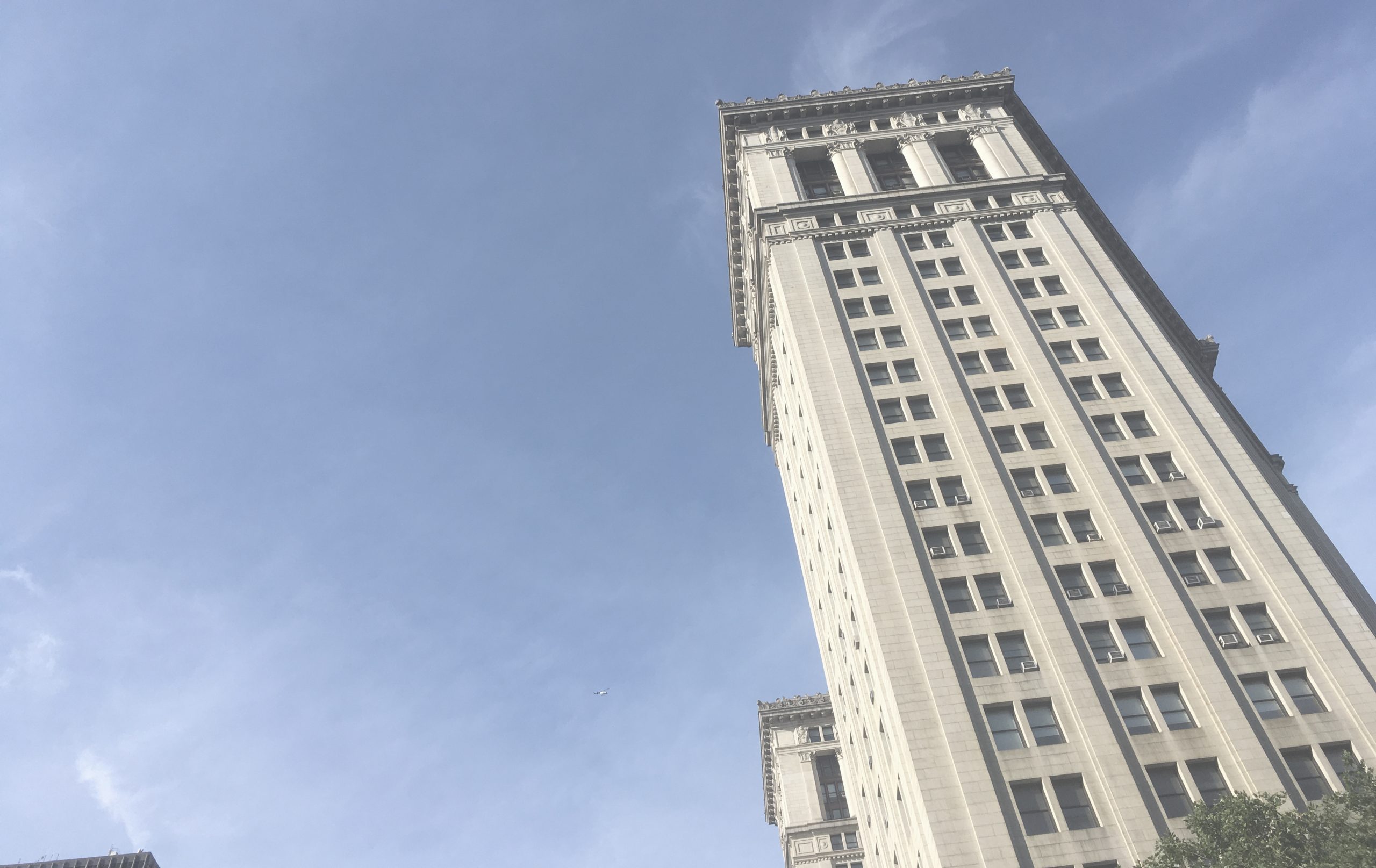7th Circuit Oral Arguments on Motion to Reopen
Yesterday, we argued a case before the U.S. Court of Appeals for the Seventh Circuit for our client, Ms. L. The audio from the oral arguments is below. Ms. L fled China at the age of 19 after she was arrested and beaten for proselytizing and passing out Christian fliers at her high school. She arrived at Chicago's O'Hare airport and requested asylum. She was placed in detention and scheduled for a hearing before an immigration judge. Her family in the U.S. hired a lawyer who failed to appear for the hearing. The immigration judge rescheduled
Red Sox Fans are Not Terrorists
The New York Times published an article today about the government's use of the "material support bar" in immigration proceedings. The so-called material support bar is worth discussing in depth to understand how broad the statutes defining terrorism really are. Under the Patriot Act, any person who provides "material support" to a "terrorist organization" is ineligible for any kind of legal status in the United States. On its face, few would take issue with this law. But the devil is in the details; both "material support" and "terrorist organization" are written so broadly that they can encompass almost any situation. A. "Terrorist
Friday’s Quote of the Day
"As we’ve all learned, [Michele] Bachmann’s strong points are her passion and determination, while her weak ones include a rather free-floating relationship with reality." -Gail Collins, New York Times.
Friday’s Quote of the Day
"The reason being it's a lot easier to fix something if you can see it." -David Foster Wallace, Infinite Jest
Immigration Court = Inefficient Court
In the Supreme Court's case of Demore v. Kim, the government claimed that 85% of cases before an Immigration Court "are completed in an average time of 47 days and a median of 30 days." In that case, the Supreme Court found constitutional the statute which makes detention of some immigrants during removal proceedings mandatory (meaning that no judge has the authority to release the immigrant on bond, no matter what the circumstances). To support its finding, the Supreme Court relied heavily on the government's statistics which supposedly showed that Immigration Court cases were completed very rapidly. Almost all people who




